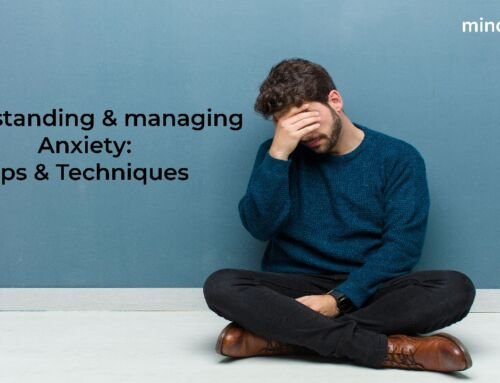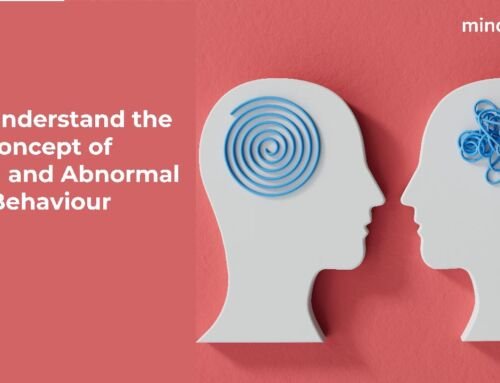Mental Health and Exercise
By Bela Monica Murmu, Clinical Psychologist
Exercise has been considered an essential part of a healthy lifestyle and research has also shown its positive effects on physical health such as managing weight, increasing stamina, increasing energy, preventing diseases, etc. Along with all these, physical exercises have also been shown to have psychological benefits. Studies associating exercise and mental health have shown that engaging in physical activity increases blood flow to parts of the brain that control mood and response to stress and these have been associated with positive psychological effects.
Benefits of Exercise:
Improving Mood: Physical exercise has been studied and shown to increase the “feel good” brain chemical responsible for a better mood. Thus, making you feel “good” after a workout session. Studies have also shown an association between regular exercise and low incidences of mood disorders, engaging in physical activity is also considered a vital part of mental health therapy in mood and anxiety-related disorders.
Managing stress: As mentioned earlier exercise has a physiological effect on the brain structure responsible for stress response. And overall improvement of mood also helps in managing stress. A session of intense physical exercise/activity can also help vent out the frustration built up throughout the day and calm one’s mind.
Increasing Social interaction: Physical exercise, especially group exercises such as gym, team sports, etc. can also help widen a person’s social circle, which can act as a social support system. This can also help one improve their social skills and make them feel socially confident.
Increasing confidence: Engaging in regular exercise, aiming and reaching their fitness goal, short-term and long-term can give individuals a sense of achievement. Adding all those achievements tends to boost one’s self-esteem and confidence, in terms of ability and appearance.
Cognitive functions: Exercise can also be a brain booster. Studies have shown that engaging in physical exercise can help improve attention, concentration, creativity, and memory. Regular exercise also tends to increase mental energy and help in the growth of new brain cells, delaying age-related cognitive decline.
Improve Sleep: Regular exercise is also known to help in regulating sleeping patterns. Engaging in certain yoga postures and gentle stretching at night tends to promote sleep. Studies have also shown the influences of exercise in improving the quality of sleep and helping decrease sleep-related disorders. Adequate sleep in turn helps boost one’s mood and cognitive function.
How to Get Started?
There are different ways to start engaging in exercise. Joining a gym has its own benefits in terms of professional guidance from a trained instructor. Support from “gym buddies” also helps add to motivation, consistency, and appreciation from others. This can also help maintain a proper schedule to follow as a part of their daily routine. Joining the gym also provides a variety of exercises to engage in. Engaging in a sport is also another option. Playing sports gives a sense of “play” and also helps master a new skill. But not all individuals prefer gym or sports, due to timings or financial cost.
Exercise does not have to be high-intensity in the gym. Adding physical activity to daily routine tasks can also help. For example, taking stairs instead of a lift or elevator, walking to nearby shops instead of buying online, or using a vehicle. Likewise looking for opportunities to add movement while carrying out daily tasks can help.
Research has shown the implications of physical exercise on mental health. No matter what form of activity we choose, regular engagement would add to a better body and mind.





